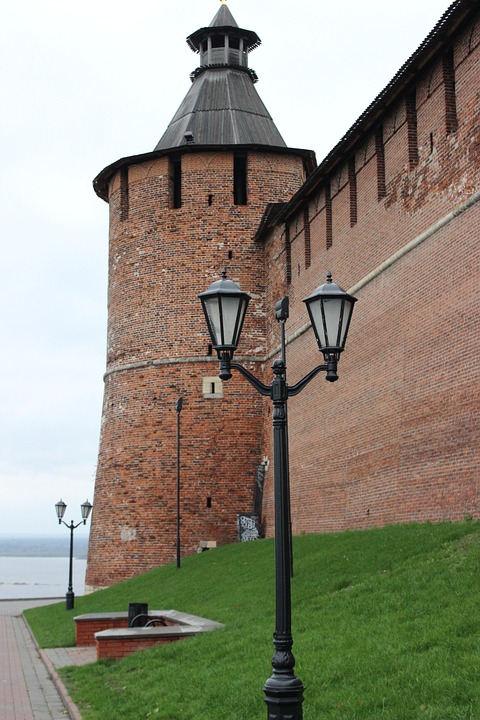Engaging Youth in Building Resilient Rural Communities in Russia
The Role of Youth in Rural Communities
Rural communities in Russia face numerous challenges, including population decline, limited access to resources, and a lack of economic opportunities. These challenges have led to a sense of isolation and stagnation in many rural areas.
However, youth in these communities have the potential to play a vital role in building resilience and revitalizing rural areas. Young people bring fresh perspectives, energy, and creativity to the table, making them valuable assets in addressing the unique challenges facing rural communities.
Challenges Faced by Rural Youth in Russia
Despite their potential, rural youth in Russia often face their own set of challenges. Limited access to quality education, job opportunities, and cultural amenities can lead to feelings of disconnection and a lack of hope for the future.
Furthermore, rural youth may struggle to find a sense of belonging within their communities, especially as many of their peers leave in search of better opportunities in urban areas. This can result in a loss of human capital and further exacerbate the challenges facing rural communities.
Strategies for Engaging Youth in Building Resilient Rural Communities
To address these challenges and harness the potential of rural youth, it is essential to implement strategies that actively engage young people in building resilient communities. Some key strategies include:
1. Providing opportunities for education and skill development: Investing in education and skill development programs for rural youth can help equip them with the tools they need to succeed in the modern economy. This could include vocational training, entrepreneurship programs, and access to technology and digital skills.
2. Encouraging youth participation in community decision-making: Involving young people in decision-making processes within their communities can help empower them to take ownership of their future. This could involve creating youth councils, supporting youth-led initiatives, and ensuring that young voices are heard in local governance.
3. Fostering connections between rural youth and urban areas: Building bridges between rural and urban areas can help expose young people to a wider range of opportunities and experiences. This could involve organizing exchange programs, internships, and networking events that connect rural youth with urban resources.
4. Supporting youth-led initiatives and entrepreneurship: Encouraging young people to take the lead in creating their own opportunities can help spur innovation and economic growth in rural communities. This could involve providing funding, mentorship, and resources to support youth-led projects and businesses.
Case Study: Youth Engagement in Building Resilient Rural Communities in Russia
One example of successful youth engagement in building resilient rural communities in Russia is the “Youth for Rural Development” initiative. This program, launched by a coalition of local NGOs, government agencies, and businesses, aims to empower young people to take an active role in revitalizing rural areas.
The initiative provides training and mentorship to young entrepreneurs, connects them with resources and funding opportunities, and supports them in launching projects that benefit their communities. By investing in the potential of rural youth, the program has helped create new economic opportunities, improve access to services, and strengthen social cohesion in rural areas.
Through their participation in the program, young people have developed a sense of pride and ownership in their communities, leading to increased engagement in community life and a renewed sense of hope for the future. By harnessing the energy and creativity of young people, the initiative has been able to build resilience and sustainability in rural areas across Russia.
Conclusion
Engaging youth in building resilient rural communities in Russia is essential for addressing the unique challenges facing rural areas and unlocking the potential of young people to drive positive change. By investing in education, supporting youth-led initiatives, and fostering connections between rural and urban areas, we can empower young people to take ownership of their future and create vibrant, sustainable communities.
It is time to recognize the important role that youth play in building resilient rural communities and to provide them with the support and resources they need to succeed. By harnessing the energy and creativity of young people, we can ensure a brighter future for rural Russia.





